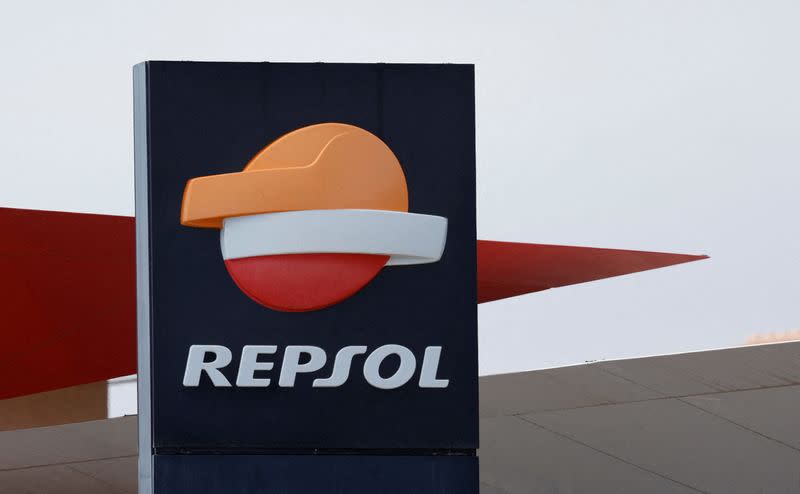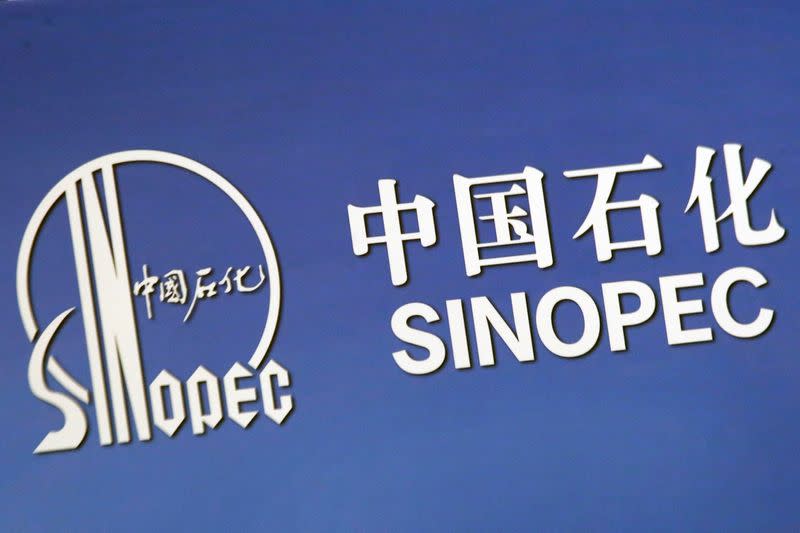Repsol to buy rest of North Sea JV, settling dispute with Sinopec
MADRID (Reuters) - Spain's Repsol has reached an agreement with Chinese energy conglomerate Sinopec to buy the 49% of a joint venture in the North Sea it does not already own, it said on Friday, settling a long-running arbitration between them.
Repsol said in a statement the operation's net cash outlay would be $1.1 billion, with the deal expected to be completed before the end of 2023.
The transaction will have "no significant impact on earnings", Repsol added, as it had already made a provision in its accounts for the arbitration in 2020.
The joint venture for North Sea oil and gas fields off the British coast, known as Repsol Sinopec Resources UK Ltd, has been at the centre of a dispute between the oil giants since 2015.
Sinopec and subsidiary Addax Petroleum UK had been seeking compensation worth $5.5 billion for their initial investment and lost investment opportunities from their 2012 venture deal with Canadian firm Talisman, which Repsol bought in 2014.
With the dispute setttled, "Repsol and Sinopec will continue their extensive strategic collaboration, including through their joint venture in Brazil," the Spanish company said.
(Reporting by David Latona; Editing by Andrei Khalip)

